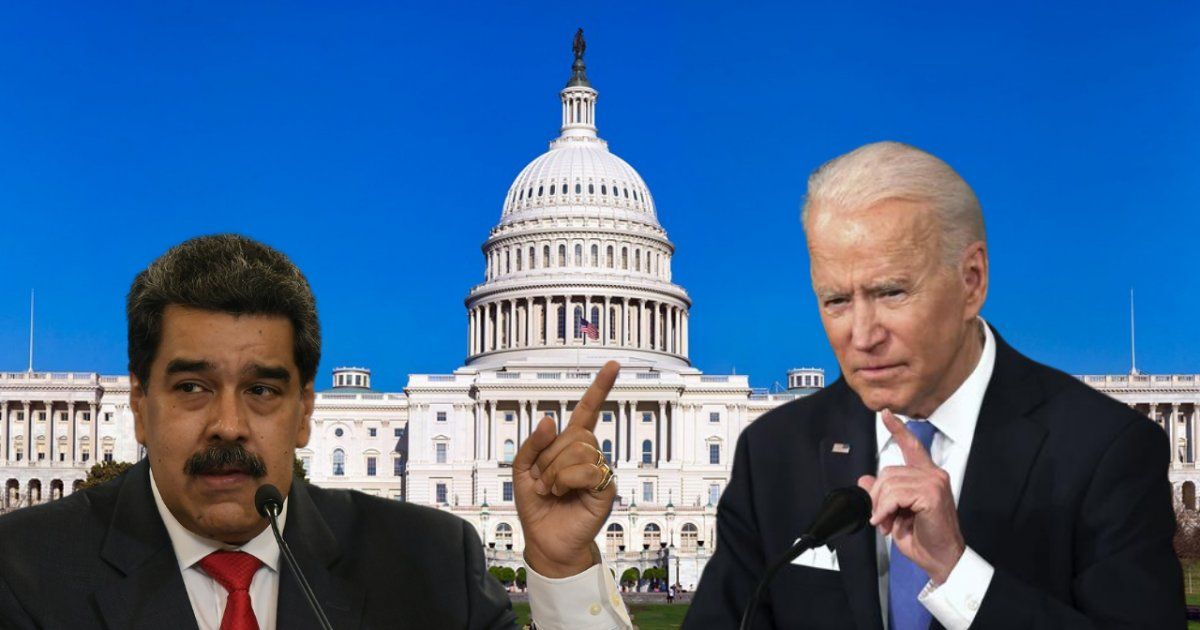CARACAS. – He US President Joe Biden announced on Sunday, July 21, that he will not seek reelection in 2024, a decision that has raised questions about the future of relations between the United States and Venezuela. Vice President Kamala Harris, He has taken on the challenge of leading the Democratic Party in the upcoming elections, although his support within the party is not yet guaranteed.
This decision, according to the review Firefly Effectcomes at a critical time, with Venezuela’s presidential elections scheduled for July 28. The possibility of a victory by Donald Trumpknown for his more confrontational stance towards the regime Nicolas Maduroraises questions about how bilateral relations would change if Trump returned to power.
Venezuelan political scientist and internationalist Luis Peche believes that Biden’s resignation will not significantly alter US policy towards Venezuela. “The decisions have already been made. The election in Venezuela is strategically scheduled so that, regardless of who assumes the presidency of the United States, the course of action towards Venezuela is defined,” he says.
During Biden’s term, the focus was on negotiation, which allowed for a certain stability in bilateral relations. However, Peche warns that a possible Trump victory could reverse this trend, intensifying tensions between the two countries.
On the other hand, the internationalist, Iván Rojas Álvarez, highlights that Biden’s sanctions policy has been constant, with some exceptions to encourage dialogue. “Despite efforts to negotiate, sanctions remain and could be reinforced depending on the electoral result in the United States,” he points out. In addition, he mentions that Biden’s diplomatic approaches have been discreet but continuous, seeking to create a space for dialogue with the dictator Maduro without giving in on the main sanctions, which has maintained sustained pressure on the Chavista regime.
Internationalist Amara Lopes also comments that Biden’s departure creates uncertainty about the continuity of current policies towards Venezuela. “This could lead to a pause in ongoing negotiations and in the implementation of recent agreements,” she explains.
Biden’s policy has been one of direct dialogue with Maduro, while he has shown support for opposition figures such as María Corina Machado and Edmundo González. Lopes stresses that talks could slow down until elections are decided in both countries. “Maduro is likely to maintain dialogue with the Biden administration until the elections, but it is uncertain whether current negotiations will continue with the same impetus,” he warns.
In the economic context, energy policy also plays a crucial role. Biden has sought to moderate sanctions related to oil exports to allow certain transactions that benefit the Venezuelan people without strengthening the Maduro regime. This approach could change dramatically under a Trump administration, which previously imposed harsher sanctions in an attempt to economically suffocate the Venezuelan regime.
In addition, the immigration issue remains of great importance. Under the Biden administration, measures have been implemented to protect Venezuelans in the United States, such as Temporary Protected Status (TPS), which allows Venezuelans to live and work in the United States temporarily. This program could be at risk if Trump returns to power, given his history of stricter immigration policies.
The outcome of the upcoming elections in both countries will be decisive for the future of these bilateral relations, with possible significant changes depending on who assumes the presidency in Washington, as well as whether the result of the elections scheduled in Venezuela for July 28 are accepted, if the government is defeated at the polls.
Source: With information from Efecto Cocuyo

